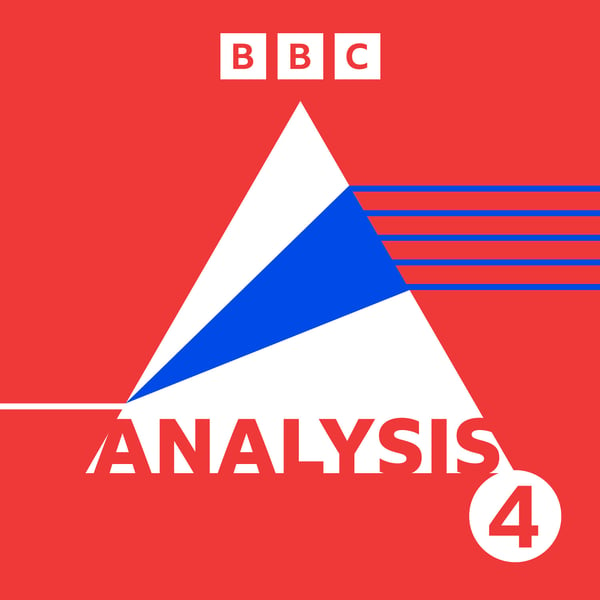What are companies for?
Analysis
BBC
4.6 • 1K Ratings
🗓️ 12 June 2023
⏱️ 28 minutes
🧾️ Download transcript
Summary
Ruth Sunderland, the group business editor of the Daily Mail and Mail on Sunday, asks industry leaders and thinkers about the purpose of companies. Should they be organisations designed to generate profits for the benefit of shareholders, or do they have a bigger role to play in society? What part do they play in environmental policy? Ruth investigates ESG investments, which claim to promote environmental, social and corporate governance best practice, and have become a trillion pound industry. Why has ESG become a flashpoint in the US political culture wars and could the same happen in the UK?
Presenter: Ruth Sunderland Producer: Farhana Haider Editor: Clare Fordham Sound Engineer: Nicky Edwards Production Coordinator: Maria Ogundele
Contributors: Mark Goyder Founder, Tomorrows Company Euan Munro, Chief Executive, Newton Investment Management Merryn Somerset Webb, Senior Columnist at Bloomberg. Philip Gill, small Investor Giulia Chierchia, Executive Vice President for Strategy, Sustainability, and Ventures at BP Louise Oliver, Co-Founder, Piercefield Oliver Chartered Financial Planners Rachel, Small investor Dr Nina Seega, Director for the Centre for Sustainable Finance at the Cambridge Institute of Sustainability Leadership Tariq Fancy, Former Chief Investment officer for Sustainability Investing at BlackRock Witold Henisz, Vice Dean and faculty director of the ESG initiative at the Wharton School, University of Pennsylvania
Transcript
Click on a timestamp to play from that location
| 0:00.0 | Just before this BBC podcast gets underway, here's something you may not know. |
| 0:04.6 | My name's Linda Davies and I Commission Podcasts for BBC Sounds. |
| 0:08.4 | As you'd expect, at the BBC we make podcasts of the very highest quality featuring the most knowledgeable |
| 0:14.3 | experts and genuinely engaging voices. What you may not know is that the BBC |
| 0:20.4 | makes podcasts about all kinds of things like pop stars, |
| 0:24.6 | poltergeist, cricket, and conspiracy theories and that's just a few examples. |
| 0:29.7 | If you'd like to discover something a little bit unexpected, find your next podcast over at BBC Sounds. |
| 0:36.0 | Thanks for listening to this edition of Analysis, the podcast that looks at ideas behind the news. In this episode, Ruth Sunderland, |
| 0:45.1 | business editor of the Daily Mail and Mail on Sunday asks, |
| 0:49.3 | What are companies for? |
| 1:02.0 | The early Quaker families were a remarkable phenomenon of British business history. In industry after industry, they were a enormous success. |
| 1:08.0 | Everybody knows the names of the Darby's and the Barclays and the Lloyds in banking, |
| 1:12.0 | hunting and Palmer in B in banking, hunting in |
| 1:13.1 | parmer in biscuits, the clerks and shoes, |
| 1:15.3 | one can go on and on. |
| 1:18.9 | Quaker family would be more likely to take the long view and therefore not be blown off course by |
| 1:24.6 | short-term commitments to a need for profit. |
| 1:28.1 | Quakers have a book of various writings which tries to encapsulate their beliefs. |
| 1:34.7 | In it it says, business in its essence is no mere selfish struggle, but a vast and complex movement |
| 1:40.8 | of social service. |
| 1:42.0 | However, some may abuse its methods for private ends, |
| 1:45.0 | its true function is not to rob the community, but to serve it. |
... |
Please login to see the full transcript.
Disclaimer: The podcast and artwork embedded on this page are from BBC, and are the property of its owner and not affiliated with or endorsed by Tapesearch.
Generated transcripts are the property of BBC and are distributed freely under the Fair Use doctrine. Transcripts generated by Tapesearch are not guaranteed to be accurate.
Copyright © Tapesearch 2025.

